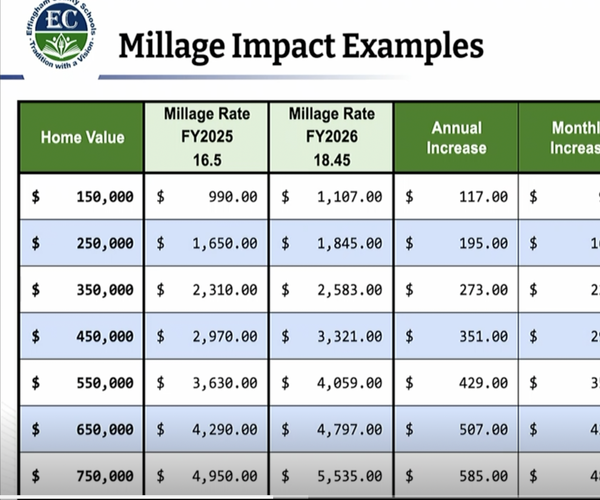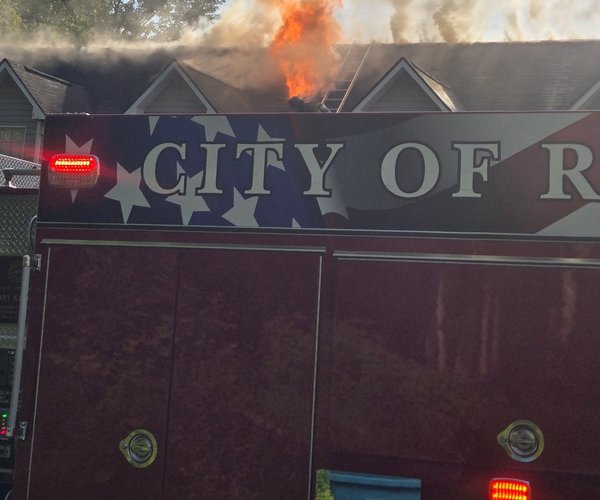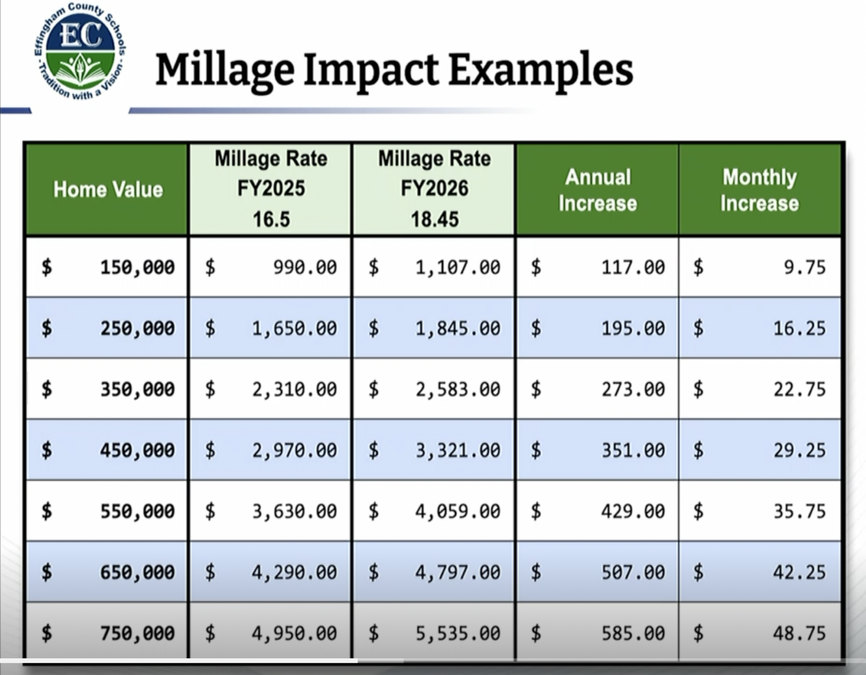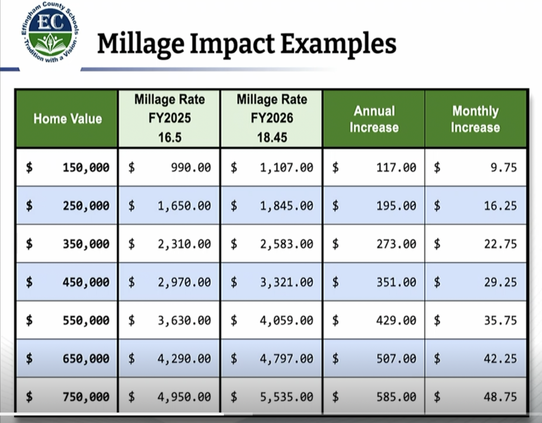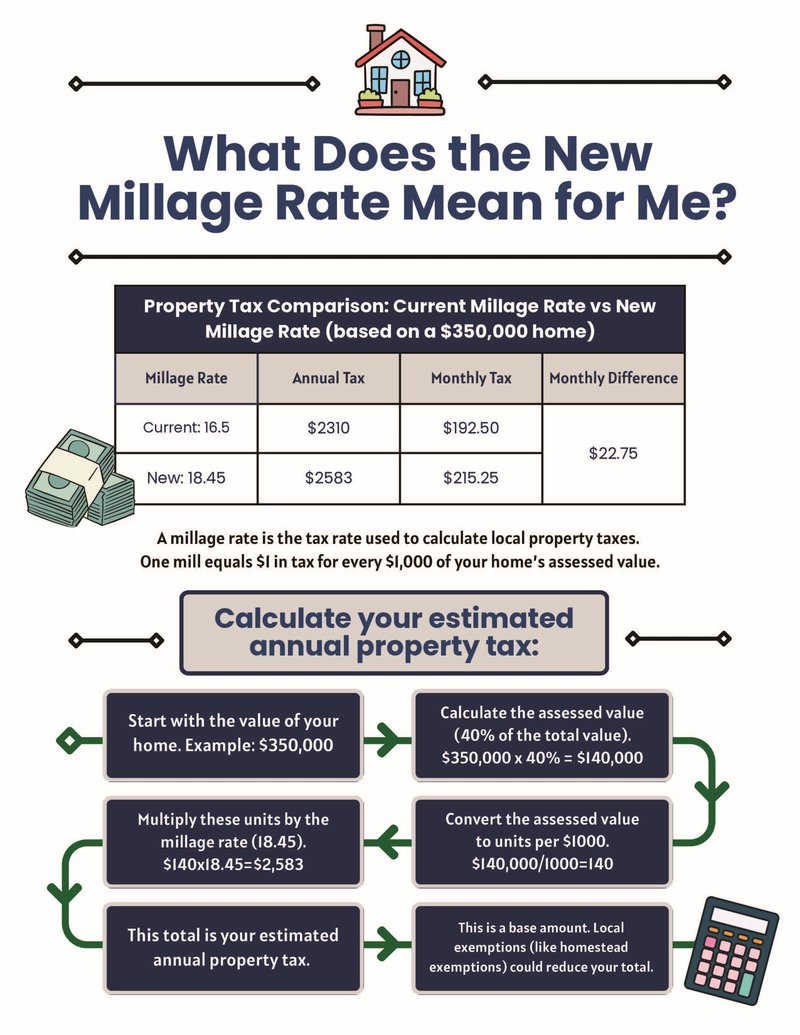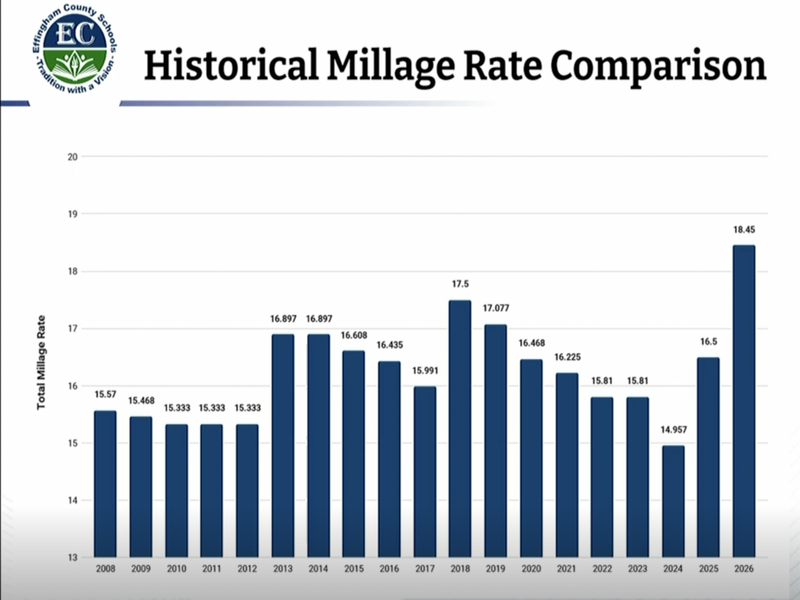GUYTON — Time will never forget Macedonia Missionary Baptist Church.
It can’t. The building and, more importantly, its people have been a robust part of Effingham County for slightly more than 150 years.
Generation after generation, the congregants foster a deep appreciation for the church’s unique history. The venerable house of worship was forged by former slaves.
On the dedication page of The History of the Macedonia Missionary Baptist Church, it says, “We owe much to our founding fathers and mothers because their perseverance has been the bridge that has brought us this far. To them, we say thank you. Their sacrifices, we shall never forget!”
The Rev. Lon Harden offered another reason for the church’s staying power.
“It’s a testament to the fact that we love God,” he said.
On Jan. 24, 1870, New Providence Baptist Church on Louisville Road near Guyton dismissed 24 of its members to organize Macedonia Missionary Baptist Church. The former slaves, freed by the 13th Amendment to the U.S. Constitution in 1865, were eager to have their own church after years of attending services with slave owners.
The History of the Macedonia Missionary Baptist Church says, “Because of this newly acquired freedom, some of the white members of the Old Providence Baptist Church voted to expel all the slaves but the majority was not in favor of such a move. Therefore, a committee was appointed to check with some of the leading ministers in Georgia and get their advice. Weeks later, the committee brought back its findings to the church and then, after much discussion, the church rendered its decision, which stated, ‘All of the slaves, now free, are allowed to withdraw and establish a church of their own.”
According to legend, the church’s first meeting was conducted in a bush arbor on property owned by Yancey Gracen.
There are conflicting reports about who donated the property for where the church stands today. It has been said that it was given by the family of Archibald Guyton but church records indicate J.S. Neidlinger and his wife, Ida R. Neidlinger, “conveyed 2/3 of an acre” on Feb. 3, 1882.
According to The History of the Macedonia Missionary Baptist Church, the original church building resembled St. John Baptist Church in Oliver. The steeple was set high so that it could be seen from several miles in any direction.
The steeple was all that was left standing after an earthquake leveled the building. It was quickly reconstructed but was damaged again when it was moved away from Ga. Hwy 17 (Central Boulevard) because of a road project.
A new building was erected in 1962 and is still in use today.
On Aug. 24, 2004, Carolina C. Brown presented Macedonia Missionary Baptist Church its original bell. The gesture overjoyed the congregation.
The church history book says, “For us to have the ‘original church bell’ in our possession once again is like having our own historical monument. We say this because we have absolutely no idea ‘the struggle’ that our forefathers had to endure to hoist that church bell to its lofty height but hoist it they did. Yes, their sacrifices we shall never forget.”
A few years earlier, Brown returned a pipe organ that her family had presented to the church when it was rebuilt. She was made an honorary church member on Jan. 16, 2005, becoming the first person to receive that honor.
The bell and the organ are far from the lone links to the church’s beginnings. Several members are direct descendants of originals members.
Harden said his flock is proud of their church’s history. The church’s history book explains why.
“We, the members of Macedonia, are truly recipients of God’s unmerited favor,” it says. “As we celebrate our 150th church anniversary, we are reminded of our victories and our defeats; our achievements and our failures; our successes and our struggles. Nevertheless, borrowing Frederick Douglass’ infinite wisdom, ‘Without a struggle, there can be no progress,’ it is also factual that without knowledge of one’s own history there can be no appreciable future.”


